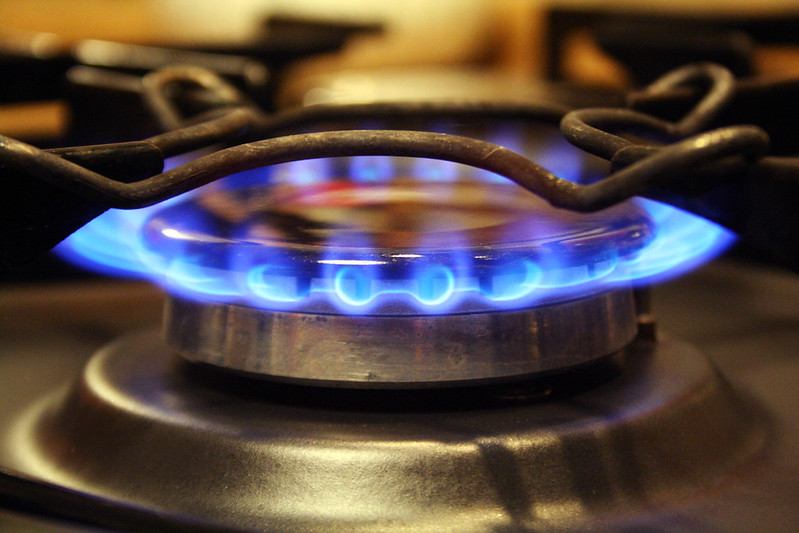The cost of living crisis – or, as Andrew Marr aptly dubbed it, the ‘can’t pay my bills crisis’ – needs a solution soon. Ofgem has stated that from October, the energy price cap is likely to rise to £2800, reaching £3000 in January. That represents more than double what people were paying just 12 months earlier, when budgets were already over-stretched.
Many policies have been proposed by government and opposition parties to deal with this, from the government’s “non-fiscal” interventions, to Labour’s Windfall tax. But no one has talked about using the price cap for its intended purpose – to help working people afford to pay their bills. Policy ideas from the Left haven’t been as sparse as the government’s, but there’s still a lack of willingness to talk about tackling the root cause.
The wider causes of the crisis, including Russian aggression and resulting sanctions have affected countries beyond Britain. Yet households and businesses in France, Italy, and many other continental European states have had more help. Energy price controls have ensured household bills don’t rise on the same scale as market rates. Despite its obvious efficacy so far – France estimates it would otherwise now be exceeding 7% inflation, rather than 5.4% – this crucial stop-gap is still being ignored by parties in the UK.
Labour have highlighted the long-standing problems of the way the energy sector has been regulated, and have pledged to improve it if elected in two years. These ideas, however, fail to engage with the immediate problem for 22 million households facing another energy price hike this autumn.
Maybe worst of all, much of the government’s response has been as piecemeal as it has been inadequate. The gains from the Windfall tax risk going the same way as other measures, where a combination of too-thinly spread support aimed at everyone makes little difference, and often fails to reach those most in need. Minor fuel price reductions don’t help families who have had to sell or stop using their car, and energy rebates were equally enjoyed by second and third home owners, and because most help has been on a one-off basis, those who use it to get their heads above water risk sinking again when the next bill arrives.
Energy companies, such as Centrica (owners of British Gas) and SSE, continue to generate exceptional and unexpected profits from households and businesses, stoking inflationary pressures across the economy.
The lack of discussion around controlling energy prices may well be rooted in fears for the left of being portrayed as anti-business. A large proportion of economists talk of such an idea disdainfully. They state that fettering the free market in this way would create inefficiencies, and ultimately lead to recession. Such is the neo-liberal orthodoxy. Yet these arguments tend to centre on the ideas of price controls as a routine policy tool, rather than as an emergency intervention. Price controls have been used in crisis situations to deal with unaffordable costs, such as during the war. Prices and incomes policies were also used in the 1960s, without inhibiting the substantial economic growth and improved standards of living during that decade.
Setting a price cap which takes account of what households and businesses can afford, rather than relying solely on the market price, would unquestionably reduce the pressure on many, and could temper inflation.
Ofgem’s price cap is itself achieving the opposite of what it was designed to do. The Domestic Gas and Electricity (Tariff Cap) Act 2018 that created the price cap was created with the aims of lowering prices by reducing the dominance of the Big Six companies, and protecting customers who didn’t or couldn’t switch suppliers from paying significantly more than other consumers.
With many competitors having faltered as supply costs escalated, the aims of the Act are clearly not being achieved. The Act also gave the option to have extended the 2018 price cap at the end of 2020 if the market was found to still be dominated by the Big Six. In other words, where market conditions were leading to excessive prices for consumers, steps could have been taken to protect them.
The price cap shows there is widespread acceptance of the need to control the price of an essential like energy. Yet it’s being under-utilised as a means to protect everyone, and in turn the economy, from the situation we now face.
Energy price controls are making a difference to people’s lives on the continent. Labour should be actively discussing the way the price cap is operating with businesses and consumer groups, to establish how to introduce a genuine price cap based on affordability. They won the argument on the Windfall tax. It’s time for them to now do the same for the root cause of the problem.


